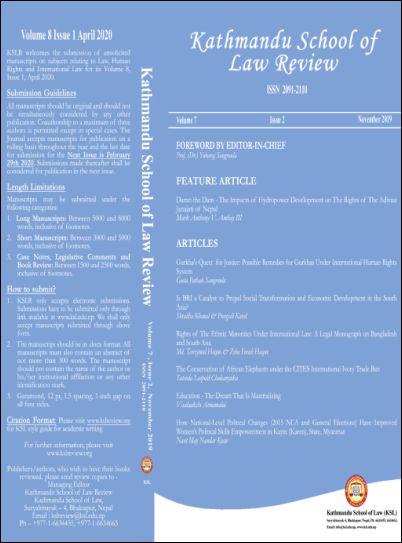The Conservation of African Elephants under the CITES International Ivory Trade Ban
Abstract
1989 CITES decision to put a total ban on international trade in ivory and the decisions to allow the 1999 and 2008 one-off-sales have generated polarized debates on whether or not these decisions are the reasons behind increasing levels of poaching in Africa. An undisputed fact is that; international illegal ivory trade has promoted rampant elephant poaching in Africa. What has and is contested is whether the ban or the one-off sales have a role to play in the current elephant poaching and increase in the illegal ivory trade. The Southern African range countries blame the international ivory trade ban for the current ivory poaching levels, while Countries such as Kenya, Benin and Uganda have blamed the sales for reigniting international appetite for ivory. The available evidence suggests that the international ivory trade ban with an unbanned domestic market has promoted poaching and negatively impacted on range countries’ ability to effectively and sustainably protect elephants. Besides the reduction or elimination of revenue, the ban undermined the economic incentives associated with elephant conservation, thereby making elephant conservation unattractive, unachievable and subsequently opening up to poaching and illegal trade.
Downloads
Downloads
Published
How to Cite
Issue
Section
License
Copyright (c) 2019 Kathmandu School of Law

This work is licensed under a Creative Commons Attribution 4.0 International License.
© Kathmandu School of Law

